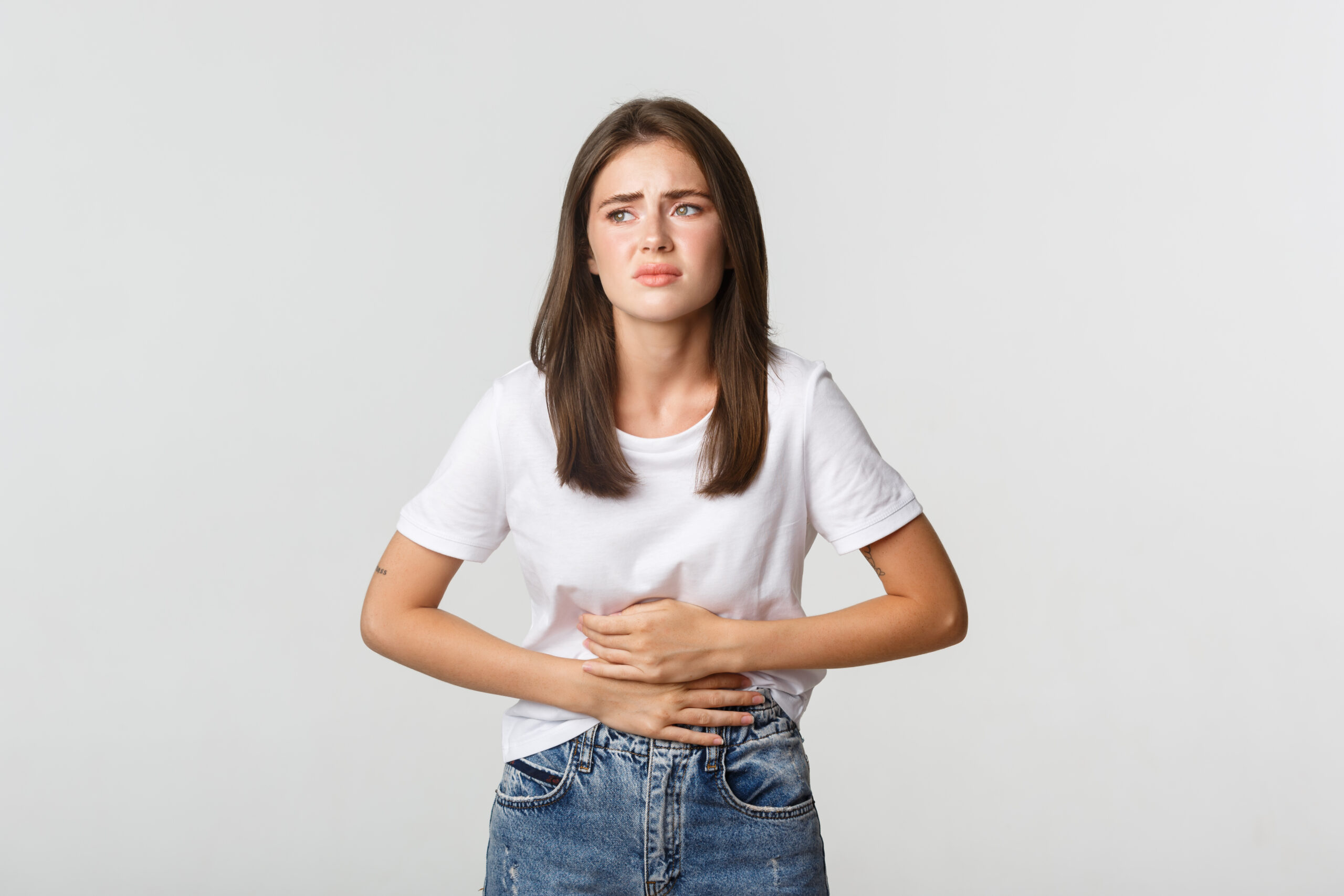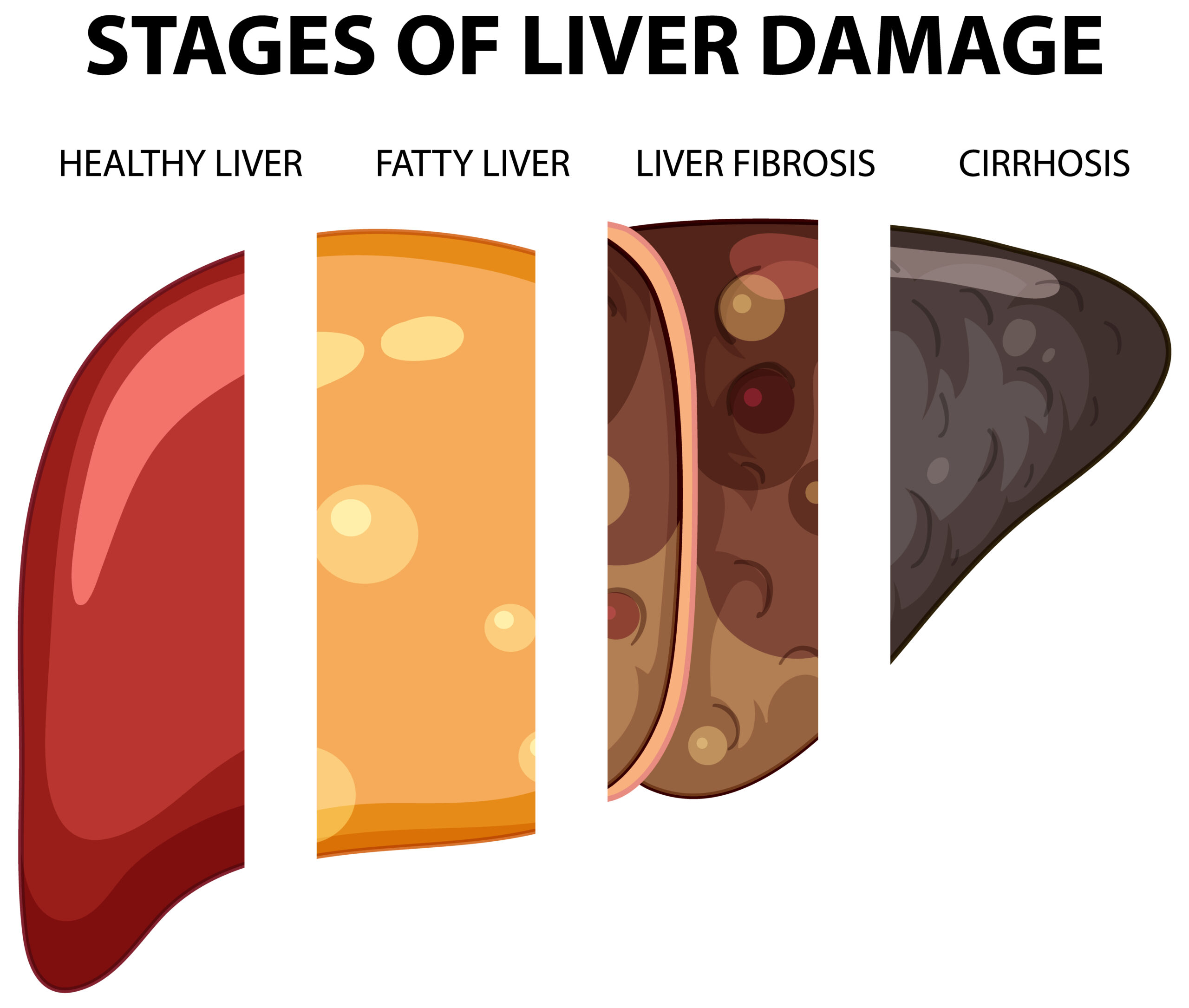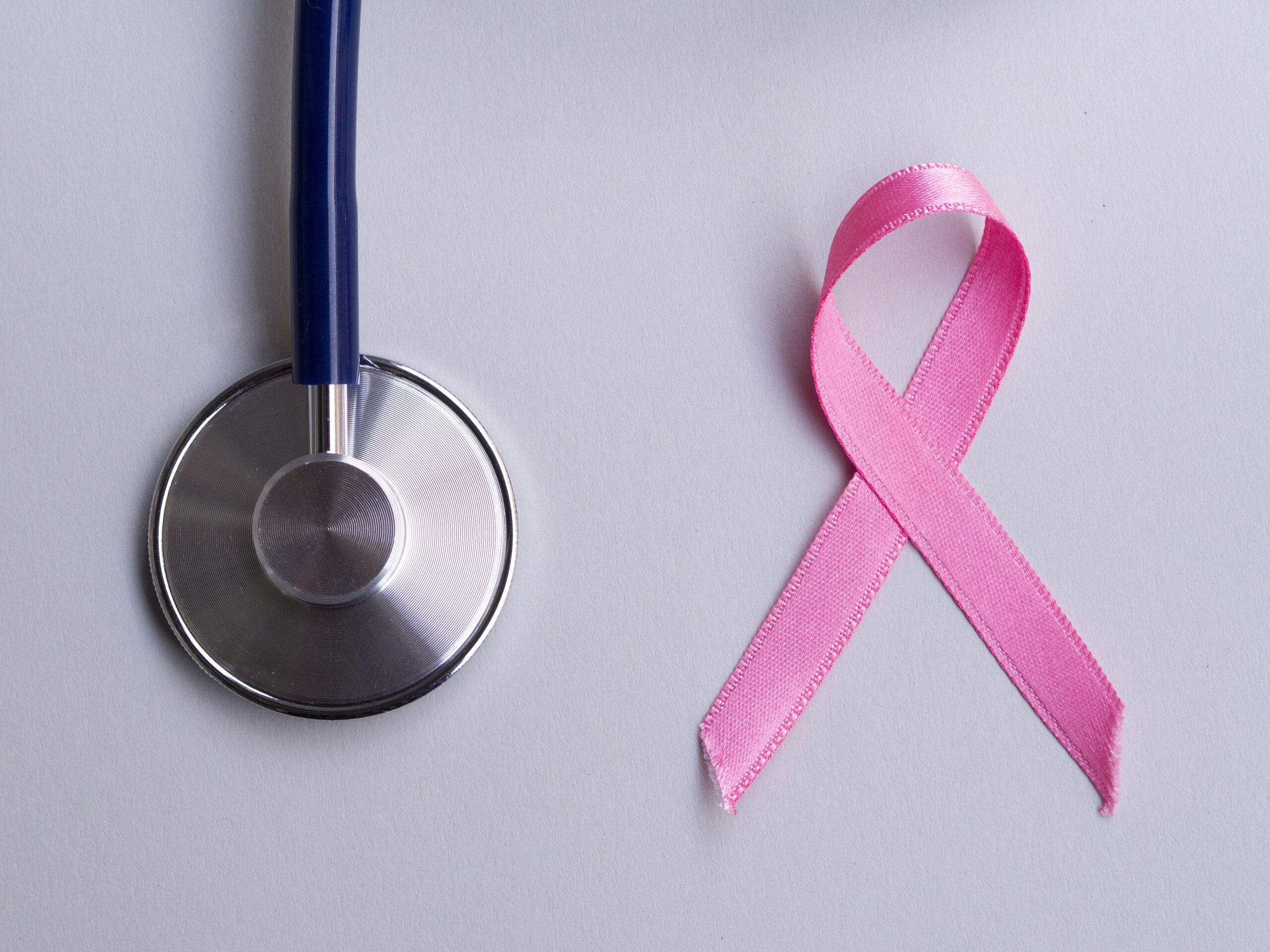PCOS Symptoms Quiz: Get Instant Results Free

How Is the PCOS Symptoms Quiz Outcome Calculated
The outcome of the PCOS Symptoms Quiz is calculated by adding up the total point value of your responses to the 10 questions. Each question has a point value of 1 to 3, with 1 being the least severe and 3 being the most powerful.
The entire point ranges and their corresponding outcomes are as follows:
- 10-15 points: You are unlikely to have PCOS.
- 16-25 points: You may have mild PCOS, and it is recommended that you consult with a healthcare provider for an evaluation.
- 26-30 points: You may have moderate to severe PCOS and must seek evaluation and treatment from a healthcare provider as soon as possible.
Can You Self-Diagnose Pcos?
Self-diagnosis of PCOS is not advised. PCOS is a medical issue that needs to be diagnosed by a qualified medical expert.
A thorough medical history, physical examination, and testing are required to diagnose PCOS. These procedures include blood tests to assess hormone levels, an ultrasound to look for ovarian cysts, and other tests to rule out other potential causes of symptoms.
It’s crucial to make an appointment with a healthcare practitioner if you’re having symptoms related to PCOS. They will be able to assess your symptoms and medical background, run the required tests, and offer a precise diagnosis and treatment strategy.
Given that PCOS, if left untreated, can result in major health consequences like diabetes, high blood pressure, and heart disease, it is crucial to have a correct diagnosis and treatment.
At What Age PCOS Starts?
PCOS (polycystic ovary syndrome) can start at any age after puberty, but it is most commonly diagnosed in women of reproductive age, typically between the ages of 15 and 44. It is estimated that approximately 5-10% of women of reproductive age have PCOS.
In some cases, PCOS may develop during adolescence, as the hormonal changes that occur during puberty can trigger the development of the condition.
However, in other cases, PCOS may not be diagnosed until later, when a woman is experiencing difficulty getting pregnant or other symptoms associated with the condition.
It is important to note that PCOS is complex, and its causes are not completely understood. Genetics, insulin resistance, and hormonal imbalances are all believed to play a role in developing PCOS.
What Is the Main Cause of Pcos?
The exact cause of PCOS (polycystic ovary syndrome) is not fully understood, but it is believed to be a combination of genetic and environmental factors.
One of the main underlying causes of PCOS is insulin resistance. Insulin is a hormone that helps to regulate blood sugar levels in the body, and when the body becomes resistant to insulin, it can lead to high levels of insulin in the blood.
This high level of insulin can stimulate the ovaries to produce more androgens (male hormones), disrupting the normal balance of hormones in the body.
Other possible contributing factors to PCOS include:
- Genetics: PCOS tends to run in families, and certain genes may increase the risk of developing the condition.
- Hormonal imbalances: Women with PCOS may have imbalances in hormones such as luteinizing hormone (LH), follicle-stimulating hormone (FSH), estrogen, and progesterone, which can affect the normal function of the ovaries.
- Inflammation: Chronic inflammation in the body may be associated with developing PCOS.
- Environmental factors: Exposure to environmental toxins or a diet high in refined carbohydrates and sugar may contribute to developing PCOS.
What Are the First Signs of Pcos?
The signs and symptoms of PCOS (polycystic ovary syndrome) can vary from person to person, and some women may not experience any symptoms at all. However, some of the most common signs and symptoms of PCOS include the following:
- Irregular periods: Women with PCOS may experience fewer than eight menstrual cycles per year, or they may have periods that are heavy, prolonged, or unpredictable.
- Excess hair growth: Women with PCOS may experience excess hair growth on their face, chest, back, or other body areas. This condition is known as hirsutism.
- Acne: Women with PCOS may experience acne on their face, chest, and upper back.
- Weight gain: Women with PCOS may have difficulty losing weight and gain weight easily.
- Hair loss: Women with PCOS may experience hair loss or thinning, especially on the scalp.
- Darkening of the skin: Women with PCOS may experience dark skin in areas such as the neck, groin, and underarms.
PCOS Treatment
PCOS (polycystic ovary syndrome) can be managed with various treatments, depending on the individual’s specific symptoms and health concerns.
The goal of treatment is to regulate hormone levels, improve symptoms, and prevent long-term health complications such as diabetes, heart disease, and infertility.
Some common treatments for PCOS include:
- Lifestyle changes: Healthy lifestyle habits such as regular exercise, a balanced diet, and stress reduction can help to manage insulin resistance and improve PCOS symptoms.
- Medications: Medications such as birth control pills, anti-androgen medications, and metformin can help to regulate hormone levels, reduce symptoms of hirsutism and acne, and improve insulin resistance.
- Fertility treatments: For women trying to conceive, medications such as clomiphene or letrozole can stimulate ovulation.
- Surgery: In rare cases, surgery may be recommended to remove ovarian cysts or to perform ovarian drilling to help stimulate ovulation.
How Does PCOS Make You Feel?
PCOS (polycystic ovary syndrome) can cause a range of physical and emotional symptoms that can affect the quality of life of those who experience it. Some common symptoms that women with PCOS may experience include:
- Fatigue or low energy: Women with PCOS may feel more tired or less energetic than usual.
- Mood changes: Women with PCOS may experience mood swings, depression, or anxiety.
- Sleep disturbances: Women with PCOS may have difficulty falling or staying asleep or sleep apnea.
- Pain: Women with PCOS may experience pain in the lower abdomen, back, or pelvic region.
- Sexual dysfunction: Women with PCOS may experience reduced sex drive, discomfort during intercourse, or difficulty achieving orgasm.
- Infertility: Women with PCOS may have difficulty getting pregnant due to irregular ovulation or other hormonal imbalances.






